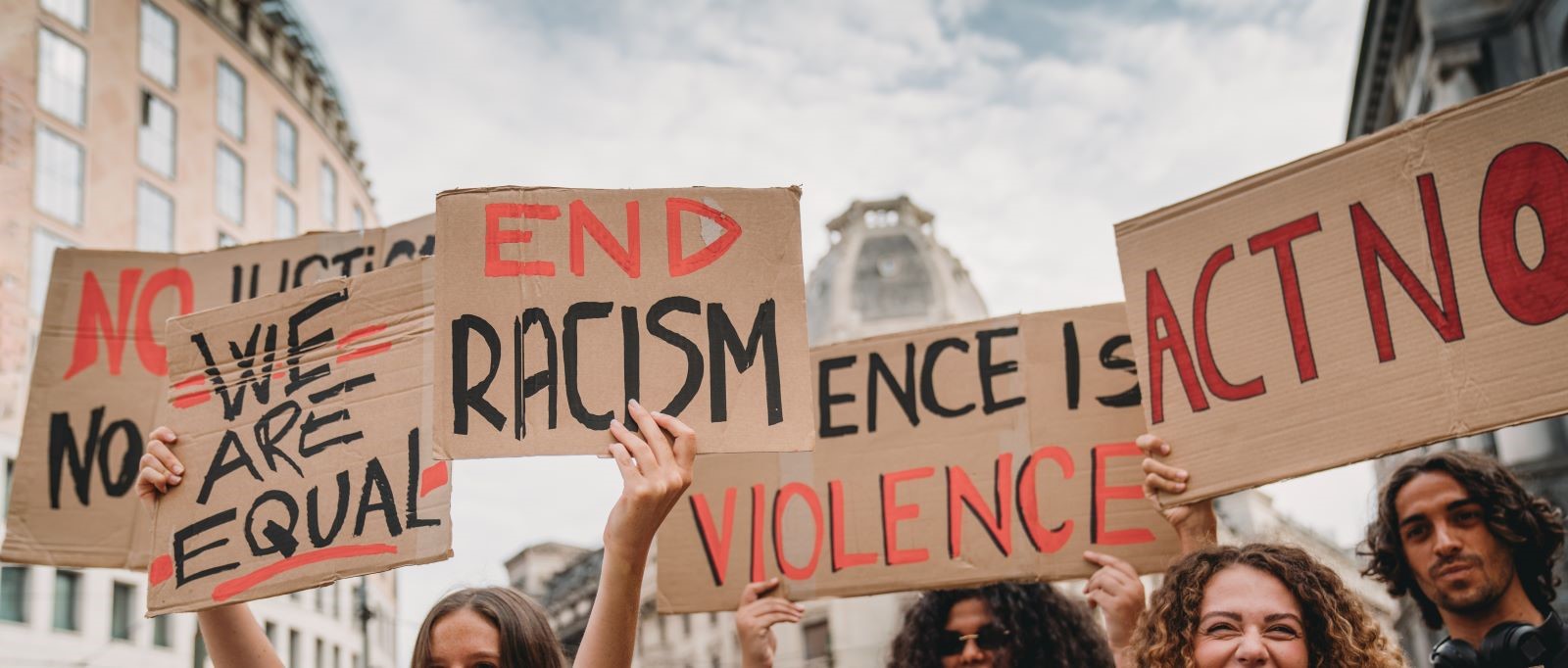<< Back
Racist Conspiracy Theories Move From Fringes to Mainstream Society

May 18, 2022
The gunman who shot and killed 10 people in a Buffalo supermarket subscribed to the “great replacement theory,” a racist ideology that suggests there is a plot to reduce the influence of white people.
While some still believe these hate-ridden diatribes only exist in the dark reaches of the internet and obscure social media platforms, experts say that is no longer the case.
“These views are not just within the fringes,” said Javeed Sukhera, MD, PhD, FRCP, Hartford HealthCare Behavioral Network’s Institute of Living psychiatrist-in-chief and Hartford Hospital chair of psychiatry. “There is a mainstream belief that some members of our communities should not be in America, and there are mainstream voices that peddle these kinds of ideas. Division and hatred sell. They appeal to people, especially people who are experiencing pain. History is rife with examples of this.”
In a rambling 180-page manifesto that the 18-year-old shooting suspect posted days before the rampage in which he allegedly targeted Black people, he included ideas from the “great replacement theory.”
The conspiracy theory ranges from beliefs that white people are being replaced by non-white immigrants and low birth rates to more racist views that Jews are masterminding the plan. At the deadly Charlottesville march in 2019, people were chanting “You will not replace us!” and “Jews will not replace us!”
Paul Weigle, MD, associate medical director at Natchaug Hospital and chair of the Media Committee for the American Academy of Child & Adolescent Psychiatry, and a member of the scientific advisory board for Children & Screens: Institute for Digital Media and Child Development, said research indicates recent increases among youth in bias towards persons based on ethnicity, race or gender.
Teens who were surveyed reported that bias is increasingly a reason for bullying and cyberbullying. Anti-Asian and Anti-Muslim assaults have also been on the rise. Weigle added that more than 700 hate groups across the US have been traced by the Southern Poverty Law Center, and the numbers have spiked in recent years.
“There is discourse out there that is demonizing us rather than humanizing us,” Sukhera said.
What can be done?
“We have to talk about it,” Sukhera said. “We can’t pretend like it didn’t happen. There is a tendency to do that with gun violence and racist crimes. That’s retraumatizing for people and communities to just go on like nothing ever happened. We need to name the problem, look in the mirror and we need to make sure that people who foster and perpetuate demonizing narratives and stereotypes are held accountable.”